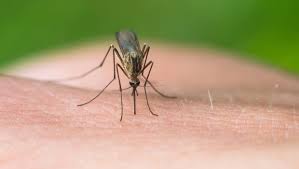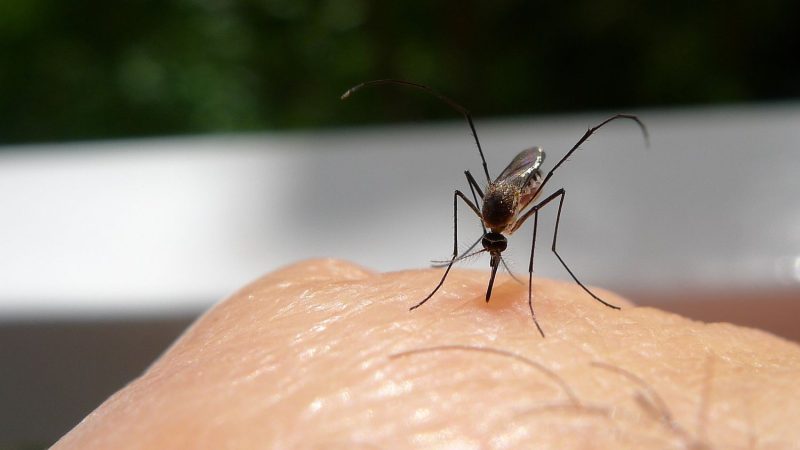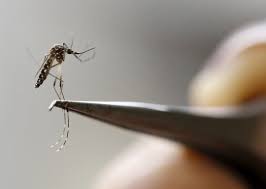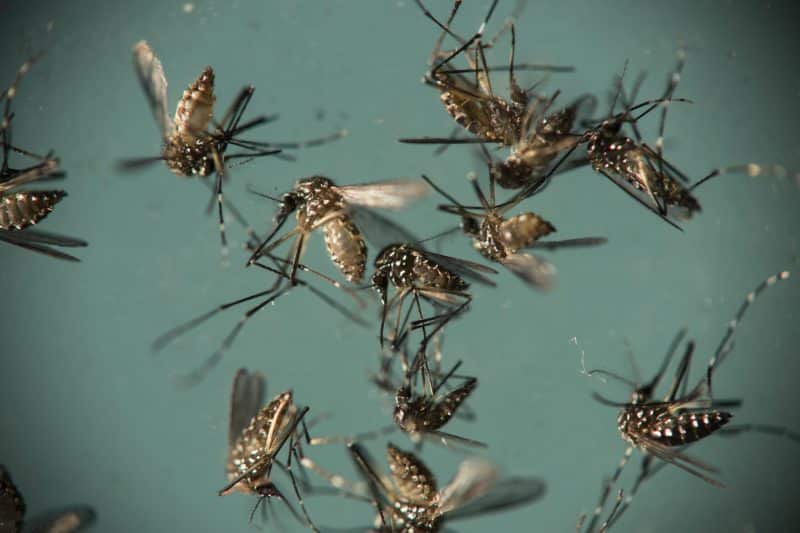Aging also happens in mosquitoes. Scientists believe these insects age and die of old age because of global warming. This rapid aging leads to short mosquito lifespans but increases the potency of bacterial infections. That is why researchers see the direct relationship between the risk of spreading mosquito-borne diseases and climate change.

The Study
Studies reveal that aging is faster in mosquitoes when the environment is warmer. This situation worsens the spread and outcomes of mosquito-borne infections. The first results showed that older mosquitoes survived less when infected by bacteria than the younger ones. Mosquitoes in warmer climates did not survive long, while those in cooler climates survived longer.
Warm Climate Effects
Scientists show that aging in mosquitoes is faster in warmer climates. Beginning at 27°C, a mosquito’s risk of dying increases by 40% the environment becomes warmer for each degree. At 33°C, mosquitoes find survival challenging beyond 10 or 11 days old.

Another study reveals that warming climates enhance aging in mosquitoes. This event weakens their immunity faster. The situation results in more infection or worse survival. Researchers also found that infections in warmer environments are more dangerous than those in cooler areas. The symptoms are more destructive. Older mosquitoes are less likely to survive these infections than younger ones.
Mosquito Anatomy and Temperature
Research shows that most insects, including mosquitoes, are ectotherms and poikilotherms. The temperature of their environment affects their tiny bodies. Rising climate temperatures result in rising insect body temperatures. This drastic change affects how insects respond to diseases, develop, and survive. Aging due to warming climates also deteriorates their bodies. It weakens their immune responses as well.
Mosquitoes are considered dangerous because of the diseases they transmit. These insects can kill many human populations each year. They get the pathogen through the blood they consume. These insects become hosts for the pathogen and even live longer than the pathogen’s incubation period. Mosquitoes then pass the infection-causing pathogen to an animal or human during feeding.

The warmer climate has different effects on mosquitoes. It decreases the rate of egg hatching, shortens adult lifespan, and reduces pupal and larval survival. Warmth lowers the number of infective mosquitoes in a specific population. On the other hand, warmer temperatures can also reduce the adult size of mosquitoes. It can accelerate development and increase the number of infective mosquitoes.
Senescence
This process occurs in humans and mosquitoes. Senescence is when one’s physiology weakens because of aging. It happens to mosquitoes as they are exposed to warmer temperatures. Weak melanization is one of the immune responses to senescence in mosquitoes. Melanization involves forming a hard shell around pathogens to deprive them of nourishment. This reaction weakens when aging happens in mosquitoes. That is why the infection happens rapidly and more severely. Older mosquitoes do not survive aging because of this.

Scientists are studying the possible benefits of aging in mosquitoes. If older mosquitoes die of infection before biting, then this can reduce transmission rates. The study can extend to seeing how higher temperatures affect other ectotherms.